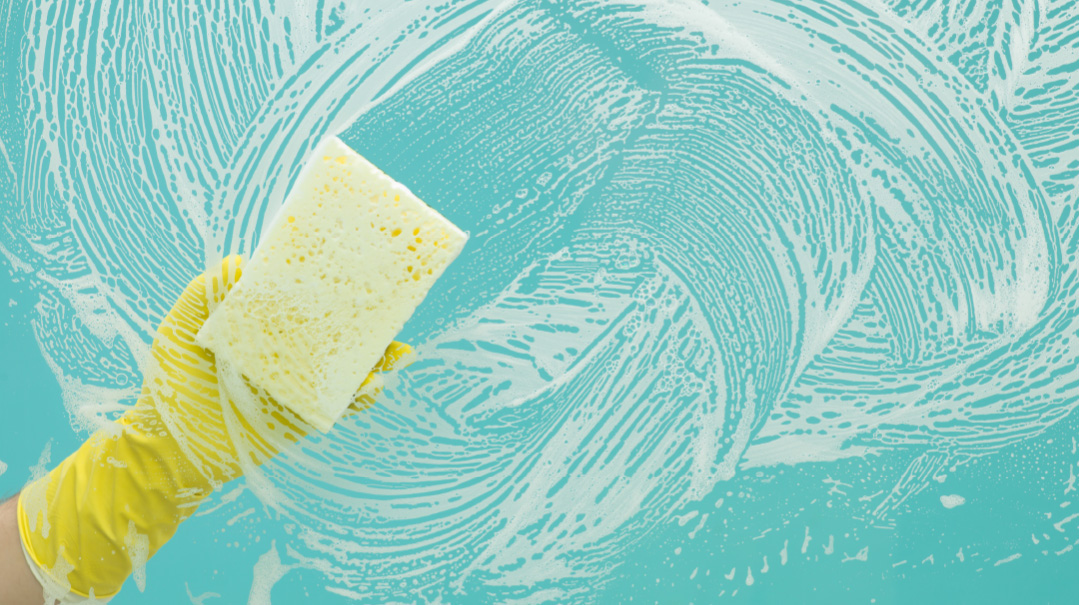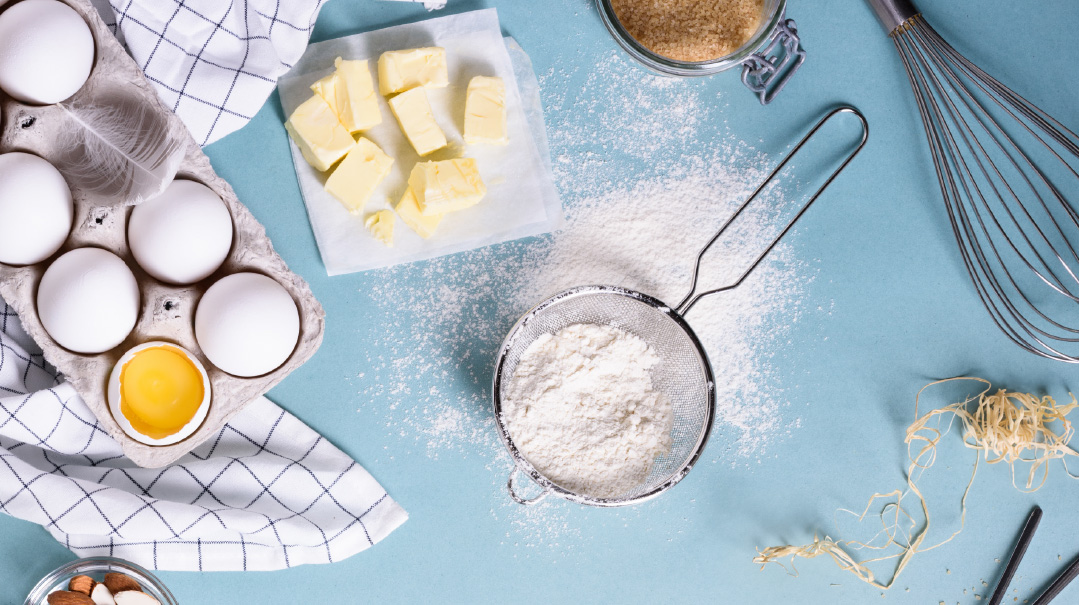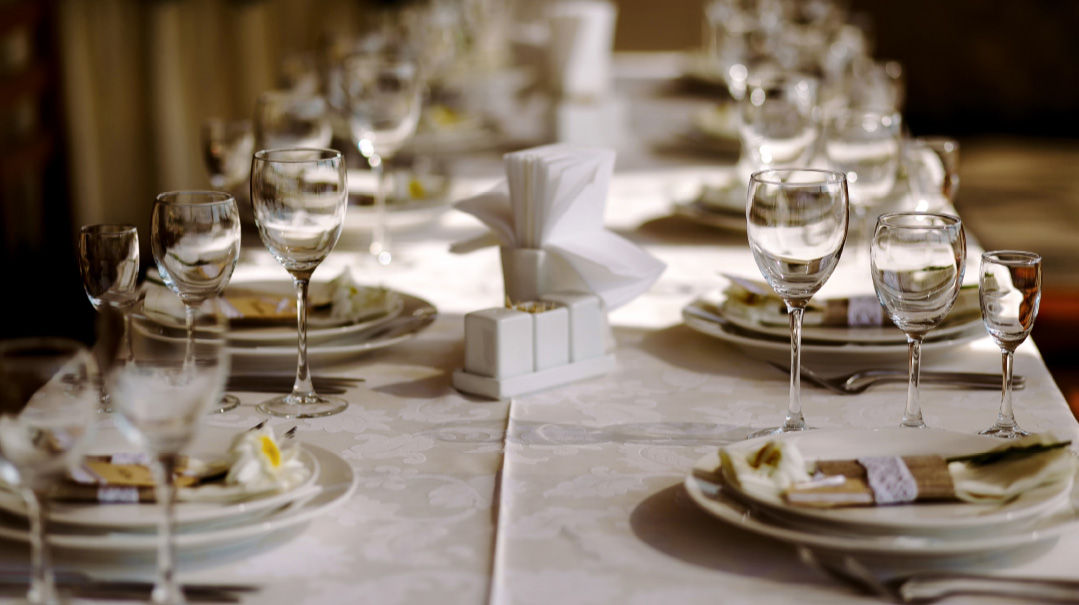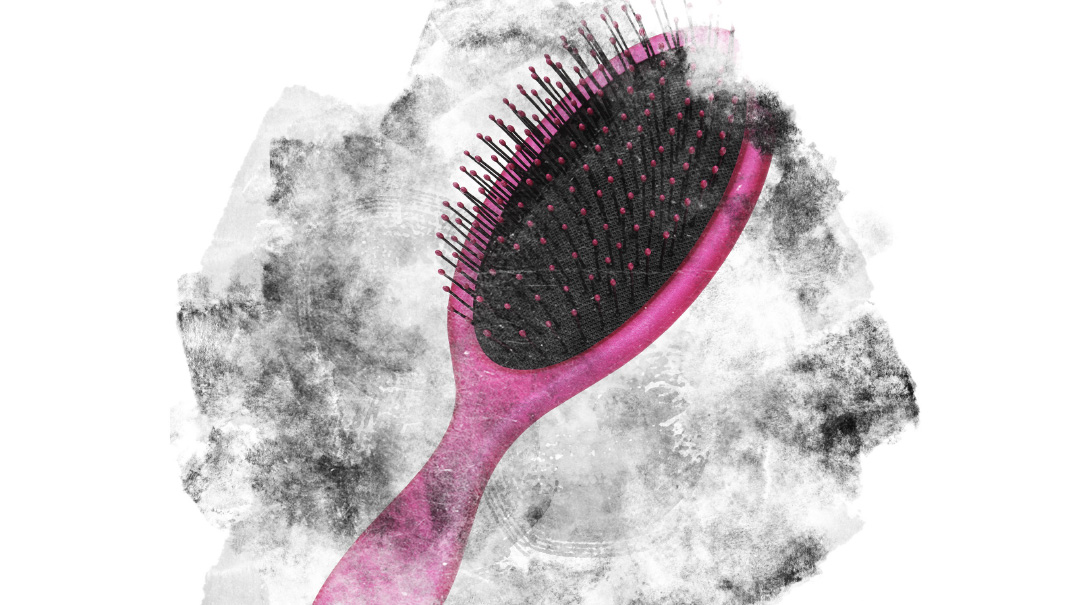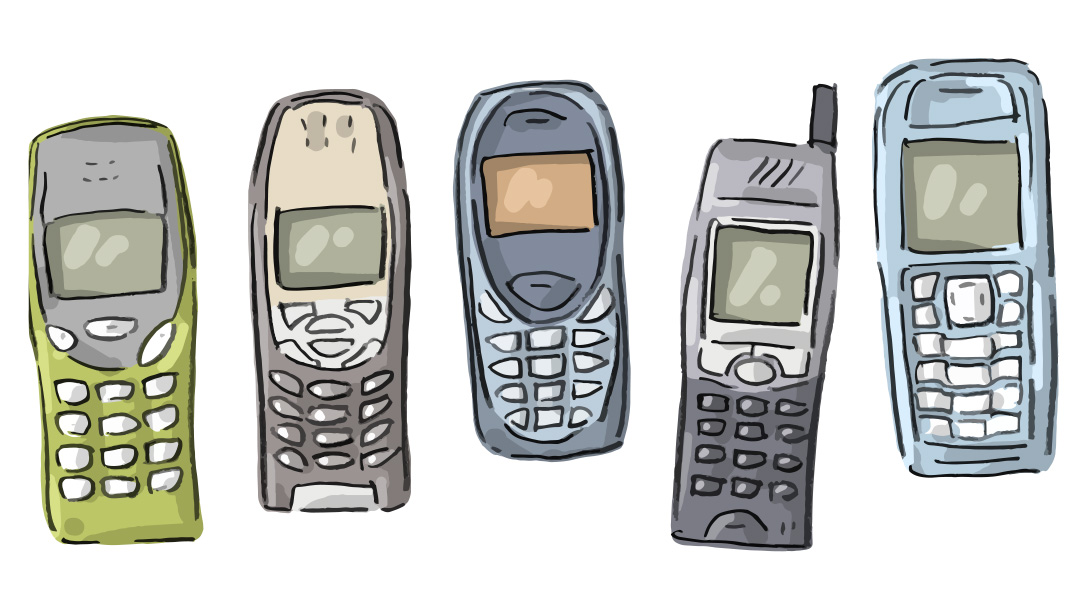Ima’s Here
| June 10, 2020The “Kohein Gadol” bangles tinkle on my wrist. The sound my daughter says she loves most
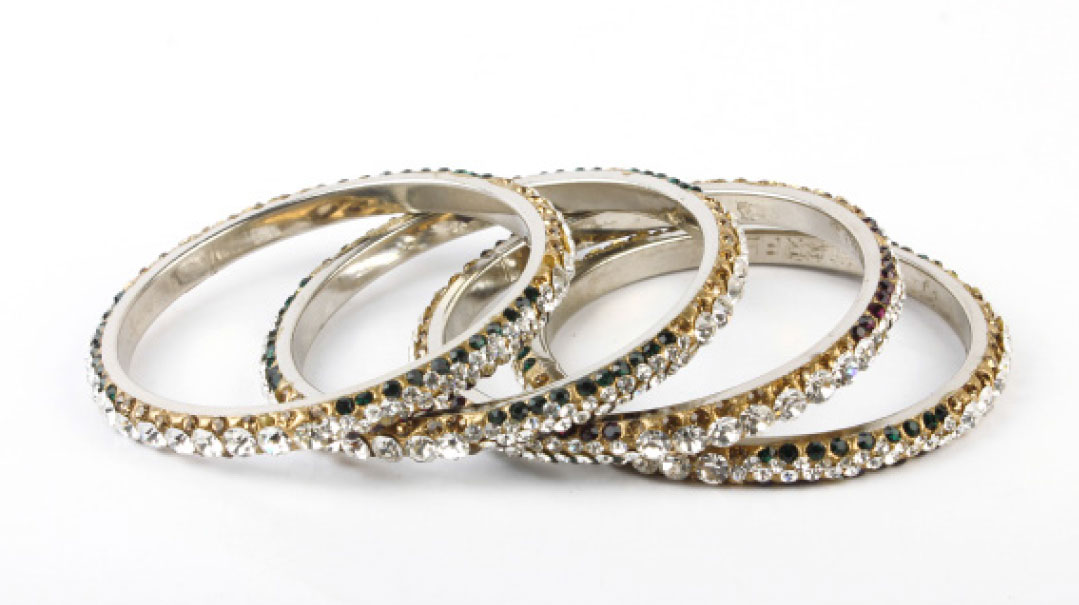
The bracelet on my right hand tinkles. I like to call it my “Kohein Gadol” bracelet, my very own paamonim and rimonim that tinkle like those in the Beis Hamikdash.
Mine are three interlinked bangles, purchased from in-flight duty-free shopping by my husband with El-Al points he wanted to use before they reached their expiration date. I like to wear it on Shabbos; the tri-colored gold matches easily with any earrings or necklace. As I walk or wash dishes or serve they clink against each other and chime like bells.
One Shabbos afternoon, at our Ladies’ Tehillim group, I hear a faintly familiar sound. I trace the source, and behold, a regular from our group is wearing the exact same bracelet!
“El Al duty-free?” I ask her.
“How’d you know?” She’s amazed.
Smiling, I hold out my arm. “I recognized that sound from somewhere.”
“Yeah, they do kind of let people know when you’re around. Sometimes I feel like I shouldn’t wear them to shul, they might disturb people davening.”
Later, we’re setting up for Seudah Shlishis, my oldest daughter and I. I’m still mulling over that conversation.
“Do you think the sound of my bracelet disturbs people in shul? Maybe I shouldn’t wear them on Shabbos anymore?” I ask her.
“Ima, I love that sound, don’t ever take them off,” she says, “that sound says ‘My Ima is here to take care of me and everything will be okay.’ It’s the most beautiful sound in the world.”
One year ago.
She doesn’t feel well. We run to doctors, to the emergency room. She is weak, fainting, her pallor white, almost green. They give her fluids, blood transfusions. Her heart rate is too fast. They run some scans. She is not okay, they rush her into ICU, drain fluid from around her heart. And then they tell us she is sick. My beautiful, young, newly married daughter has cancer.
We reel from the shock, move stiffly like robots from ICU to biopsy to oncology. We prepare to spend Shabbos in the hospital with this young couple, my daughter and her husband, awaiting the final diagnosis.
It is a difficult Shabbos, she is so frail, so scared, oxygen tubes snaking out from her nose. I am at a loss. I want to save her, to protect her, to stop all this from happening. Isn’t that what mommies do? As she holds out her arm to be poked and pricked and prodded over and over again, a sob rises up inside me; I wish they could take my blood instead. I would do anything to spare her this pain, to make it all go away.
I rub her back, whisper soothing words, try to get her to eat a little. I putter around, organize things, find nurses and ask them for help when we need it. I can do nothing for her. I am helpless to help my baby. All the super-mother powers in the world can’t help me fix this.
Many long, challenging months of treatment, surgeries, and scans follow. Days and weeks of worrying, waiting, davening, putting one foot in front of the other. And then, the blessed light at the end of the tunnel: Remission. Except that it turns out it’s actually not the end of the tunnel, only the beginning of another tunnel.
Getting back up after cancer is excruciating for her, excruciating for me to watch. There is chronic exhaustion, anxiety, a maelstrom of post-chemo emotions. Reality has to be faced: life is not the same as it used to be and may never be the same again.
She goes back to work, struggles to be “normal.” There is so much frustration, isolation. I try to help her, to comfort her, to ease her pain, to pitch in with errands and chores. I want to help her stand up again, to be happy and carefree and young. Except that I can’t. Nothing I say is right. She doesn’t want my help. Nothing I do or offer or suggest can make her okay again.
I didn’t sign up for this. A mother kisses away boo-boos, keeps monsters and boogey-men far, far away. I’m forced to trash that fairy-tale illusion; it’s a falsehood. Learning to accept this is the hardest and most painful thing I’ve ever had to do.
The “Kohein Gadol” bangles tinkle on my wrist. The sound my daughter says she loves most.
I am confused.
“But I never wore these bracelets to chemo,” I tell my daughter. “You didn’t hear them in the hospital.”
“Yes, you did wear them,” she counters. “That first Shabbos when I was just out of ICU waiting for a diagnosis, in the oncology unit. Every time I heard that sound I knew my Ima was on her way down the hall to my room and she will take care of me.”
I vividly remember the very beginning of that journey, when I felt myself falling deep into the darkness, flailing and drowning all at once. Struggling with helplessness. What could I do for her? Nothing.
And now I know that that too is a falsehood. I did help her. I was able to comfort her and care for her and calm her. I was able to protect her and soothe her in some small way, which for her was not so small at all. She needed her Ima, the Ima I so desperately needed to be.
The storms she has to weather are overcast and dreary, and just trying to stand tall and face each new day takes determination. She emerges from the darkness of her cocoon, valiantly spreading her fragile wings as she tries to fly. I watch from the sidelines, cheering her on.
It is hard to be patient, to wait for life to get easier for her. Again and again I watch her crash and stumble, and I can do nothing to stop it. I have to accept and let go and tell myself over and over that I can’t control this, that it’s not my job to fix this, she can fly on her own, without my help.
I jingle the bracelets on my wrist. I smile a private, inside-of-me kind of smile, and feel its radiant warmth spread to the tips of my fingers. I can still be just her Ima. And maybe being just her Ima is enough for her right now.
(Originally featured in Family First, Issue 696)
Oops! We could not locate your form.

